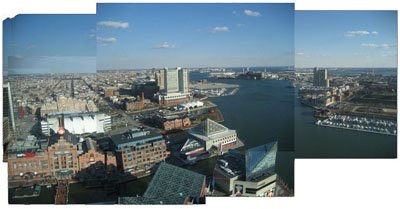the underlying foundation or basic framework (as of a system or organization)[from Merriam-Webster Dictionary]
Infrastructure is a publicly maintained support system that creates/allows/incites certain potentials actions/structures/forms/spaces for both individuals and groups . The success of any environment or institution is directly related to the strength and relevance of its infrastructure. Infrastructures also determine the amount of independence afforded an individual. Rigid, inflexible infrastructures dictate how one is to operate and limits the body politic from enacting structural change.
The Future Farm is fundamentally an infrastructure [support system] that allows individuals to be self-sufficient by creating a flexible physical structure that has the capability to adapt to changing economic, social, and environmental conditions. Additionally, The Future Farm's educational mission is an infrastructural resource that places individuals in control over the production of their own primary survival resources [see post below].

